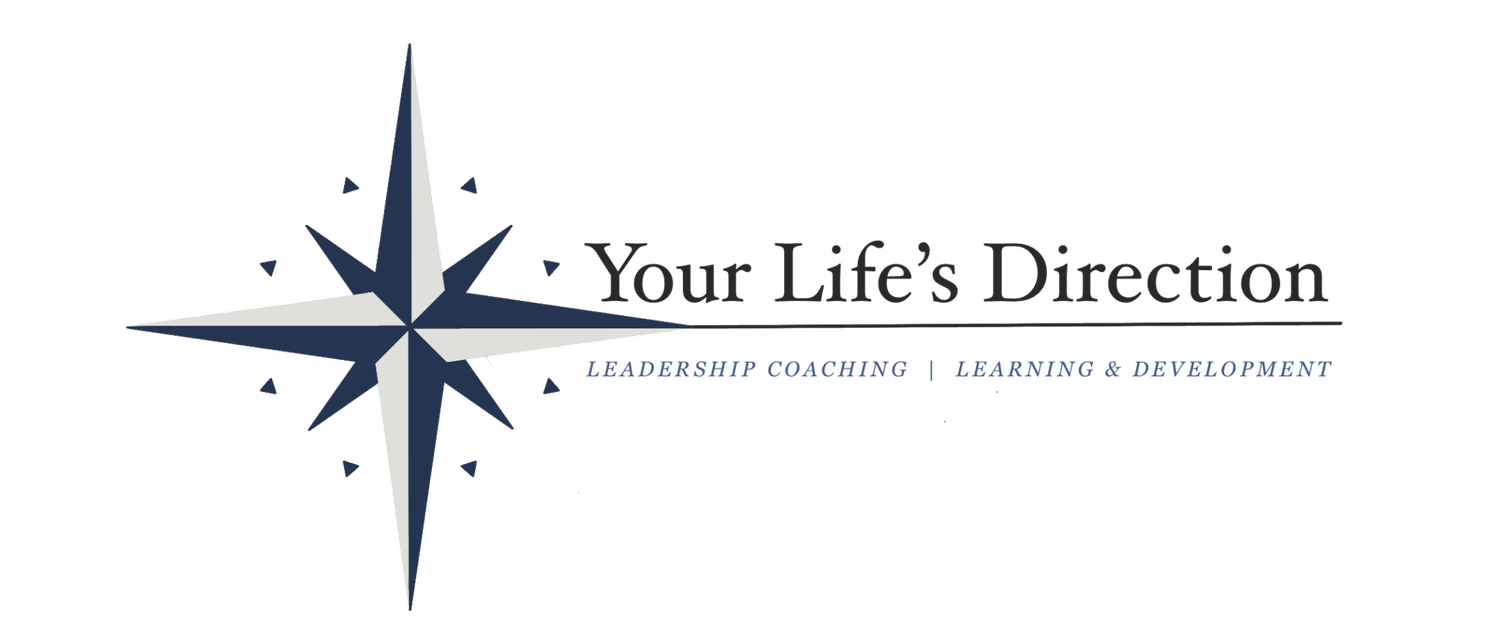Leadership Practices Needed for Transformative Times
When you work for a large corporation, you are exposed to many ideas, trends, and a ton of people centered research. Not just that, but when working with highly driven leaders, you are exposed to what they are reading, learning, and growing from as well. This is a benefit, and the benefit far outweighs the amount of material you often find yourself drowning in. Many years ago, a leader shared thoughts related to six personal practices needed for transformative times. While I am unable to list them identically here, nor am I able to attribute a source, here are the principles I remember and those I am currently putting into practice daily.
Embrace Your Ignorance - this practice drew the ire of many in our company. “Embrace ignorance,” many asked? We come to work and we get paid to think, to do, and to be competent at our trade. The work world is driven to avoid mistakes, errors, and sub-par performance. And while those beliefs fuel profits, and reduce unnecessary loss, they don’t leave room to develop, grow, and mature. Over these last years and months, I embrace my ignorance. And in doing so, I am learning; and I am growing; and I am discovering new and exciting things about business, and working with others, and about models and concepts. Each day I ask myself, “what do I need to learn today? and the journey of self-discovery, of discovery in general, is exciting and gratifying. While I believe my competence resides in my 35+ years of L&D experience, I remain committed to high performance, and avoiding costly mistakes and delays. None of these beliefs and behaviors are mutually exclusive. Ignorance can be embraced while you remain at the top of your game.
Pause to Move Faster – I remember this practice being tightly woven into the first principle. No doubt, ‘to pause” means coming off autopilot and deliberately creating space in your day and in your thinking to stop. To forget the normal and well-worn paths of thinking and behaving to create space for even more purposeful action. The practice of pausing to create new pathways of thought leadership, coupled with accompanying new insights, unleashes the power of clearer judgment and even original ideas.
Reframe Questions – again, clear alignment is this principle with the two others already mentioned. Early on in my career, I discovered over time that curiosity leads to a life that is filled with less judgment. When you ask questions, to yourself and to others, questions that begin with “what” “how” and “why” lead you to uncover a world of surprises. Reframing simply presents the same option but in a different form. I remember many years ago talking with an hourly employee interested in advancement but equally interested in capitalizing on her ability to earn overtime. Sensing the potential sacrifice needed to make the advancement decision, I said, “Let’s take OT off the table. If OT wasn’t an issue, what impact would that have on your becoming a salaried employee.” Not surprisingly, her decision became clear. This new way of looking at things unlocked the creativity for her to view other decisions through a lens of possibility and potential.
Protect Your Success – during transformative times, leaders need to remember their character, their brand, and their reputation. Who we are as leaders and remembering the values that were and are critical to our success matters even when they are least convenient. Driven by our value to do things right, all the time, becomes even more critical during periods of transformation. In uncertain times, and in ambiguous moments is not the time to act unethically, unkindly, or take big risks. Make ethical decision-making part of your DNA during transformative times as well.

